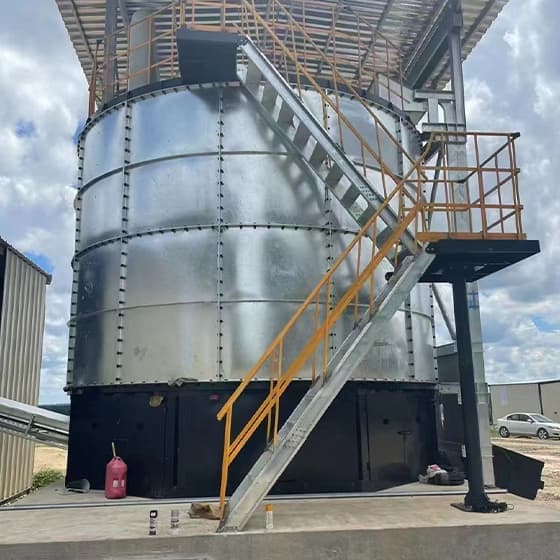Introduction: The science of livestock fermentation tanks involves complex biological and chemical processes. This article delves into the scientific principles behind fermentation tanks and how they efficiently manage organic waste.

Microbial Activity: Fermentation tanks rely on microbial activity to break down organic matter. These microbes thrive in controlled environments with optimal temperature, moisture, and oxygen levels, converting manure into compost.
Temperature Control: Maintaining the right temperature is crucial for effective composting. Thermophilic bacteria operate at high temperatures, breaking down complex organic compounds and killing pathogens in the process.
Aeration and Moisture: Proper aeration and moisture levels are essential for microbial activity. Fermentation tanks use aeration systems to supply oxygen and maintain moisture, ensuring efficient composting and preventing anaerobic conditions.
Case Study: A research study on fermentation tanks found that optimal temperature and aeration control led to a 50% reduction in composting time. The study highlighted the importance of precise environmental control for efficient manure management.

Conclusion: The science behind livestock fermentation tanks involves microbial activity, temperature control, and aeration. Understanding these principles is key to optimizing composting processes and achieving efficient organic waste management.